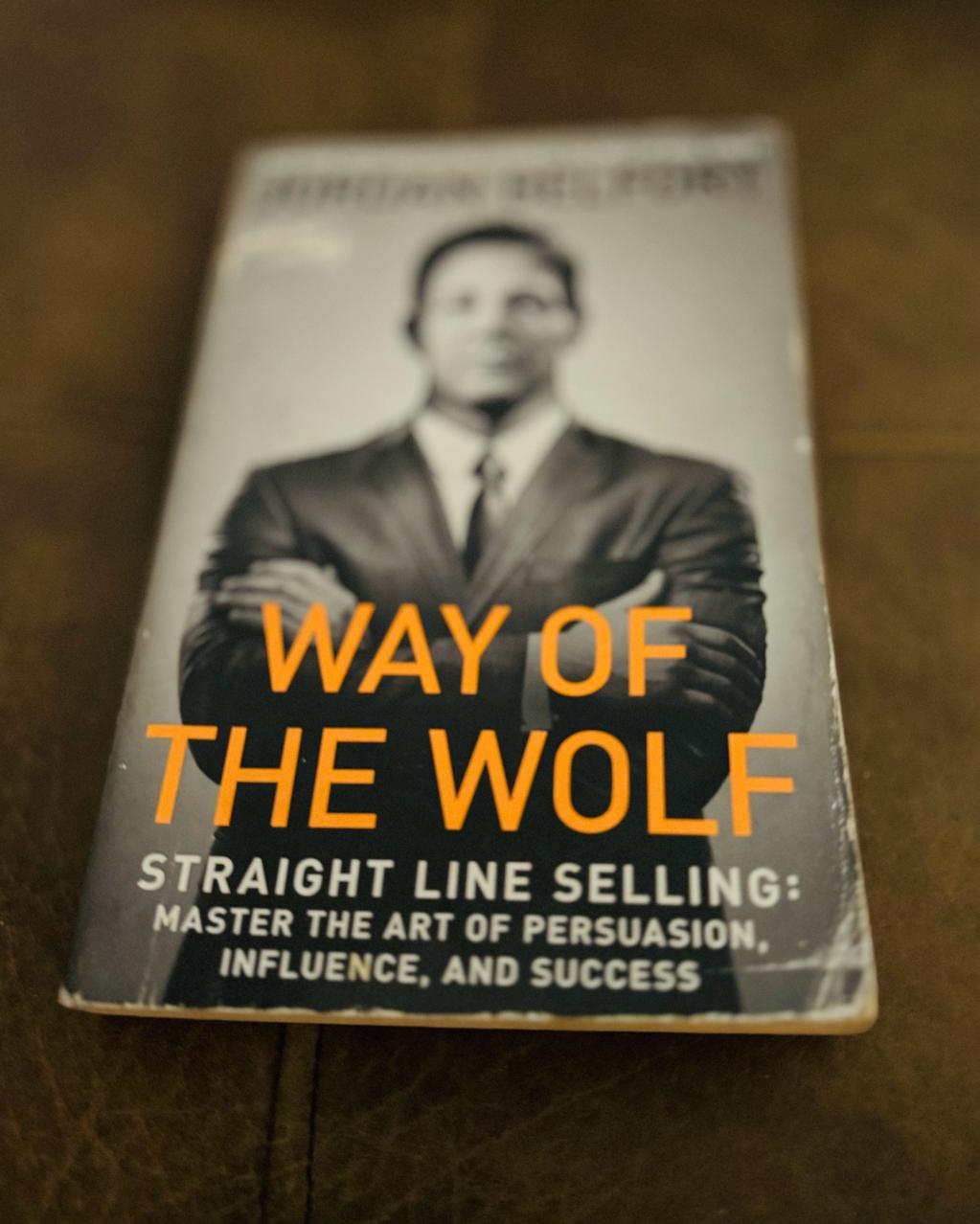7 Habits of Highly Effective People – Free Book Review
This book wasn’t what I was expecting when I first picked it up. I assumed it would be the typical “self-help” formula, where the author gives advice backed by their own anecdotes and you feel inspired while you read it, but forget what you learned a few days later. However. these seven habits are all synergistic and each of them complement each other in different ways. Thinking about developing these 7 Habits of Highly Effective People becomes easier when you consider them to be a part of two major habits: taking action and organized planning.
Taking Action
Habit 1. When you develop habit 1, you are committing to taking action by being proactive about your life. When you begin to take responsibility for your life and how you experience it, you are making both a physical and mental choice to regain control over your experience.
Habit 3. When you choose to prioritize the actions that help further your goals, you are taking decisive actions. Habit 3 helps support habit 1 because while it is important to be proactive, it is equally important to act upon the things that will help get you there.
Habit 5. Learning to listen first may not sound like you are taking action. However, active listening is one of the most important active choices that you can make. Active listening sets you up not only for further planning but also for further action. It cuts out redundancies and makes your team feel valued. It is astonishing what kind of difference you can make when you choose to listen to those around you.
Habit 6. Working on your team’s synergy is the ultimate way to take action in a group. It is important to remember that you cannot throw together a bunch of string instruments to create an orchestra. If the players do not have synergy, they are just people who happen to be playing complementary sheet music. When you reach that synergy, you are more likely to reach greatness.
Habit 7. Habit 7 is all about taking action to protect yourself. Making conscious choices to care for yourself will help you make conscious choices to care for others.
Organized Planning
Habit 2. In habit 2, you learn to define your goals and your mission in life. This is an integral part of the planning process because you cannot create a set of directions if you do not have a final destination in mind.
Habit 4. When you learn to think in terms of a “win-win” scenario, you learn to plan for several possibilities. Committing to a “win-win” decision is important because it helps everyone on the team feel valued. Learning to prioritize the health of the team over the health of the individual takes serious planning, compromise and flexibility.
CONCLUSION
When Stephen Covey wrote this book, it is doubtful that he realized that he would begin a leadership revolution both at work and at home. Covey’s work is at the center of an oeuvre that has developed into thousands of books, some of which have changed the entire business and management landscape.
Despite the huge number of books that have been written and published since The 7 Habits of Highly Effective People, it remains a book that people return to again and again. Because as the key message of the book suggests, you must master certain basic habits before you can move on to bigger and brighter things. Covey serves up these basic lessons on a highly informative and emotionally moving platter.



